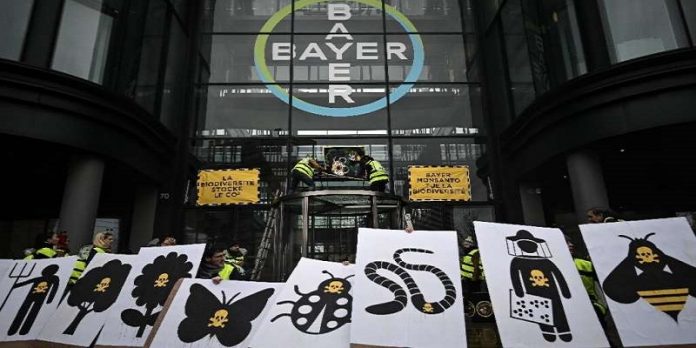Bayer is a multinational Pharmaceutical and life sciences company. This is based in Germany, having its headquarters in Leverkusen. The company has best known for the production of Aspirin. So, Bayer’s areas of business include human and veterinary pharmaceuticals; consumer healthcare products; agricultural chemicals, seeds, and biotechnology products. The company was founded in 1863.
According to the news on axios; the Monsanto Company has an American agrochemical and agricultural biotechnology corporation founded in 1901. Therefore, it was acquired by Bayer in 2018 as part of its crop science division. So, they have made the company headquarter in Creve Coeur, Missouri.
Table of Contents
The Bayer-Monsanto deal and Roundup
In May 2016 Bayer initially offered to buy American-based Agrochemical Company, Monsanto for $62 billion. So, Monsanto has rejected the bid for acquisition, seeking a higher price. In September 2016 Monsanto has agreed to a $66 billion offer by Bayer. On 21 March 2018, the deal was approved by the European Union, and it was approved in the United States on 20 May 2018. Monsanto has developed Roundup, a glyphosate-based herbicide (weed and grass killer), in the 1970s, and became a major producer of genetically engineered crops.
How Bayer-Monsanto Deal Hits the Rock1?
The carcinogenicity of Roundup has seemed to be the major reason why the Bayer-Monsanto deal has hit the rocks. The share prices of Bayer has dropped to $15.91 because of a US jury verdict that has found that Roundup has also caused non-Hodgkin’s lymphoma in the Pilliods, Alva, and Alberta. Also, the company has to pay $2 billion in punitive damages and $55 million in compensatory damages to the plaintiffs. The company still plans to appeal so that the level of punitive damages might be reduced.
The debate on the health hazard caused by Roundup
The Environmental Protection Authority states clearly that glyphosate which is the active ingredient in Roundup does not cause cancer or other health risks if it has used according to instructions. Bayer noted this in its statement when it responded to the claim by the plaintiff
“We have great sympathy for Mr. and Mrs. Pilliod, but the evidence, in this case, was clear that both have long histories of illnesses known to be substantial risk factors for non-Hodgkin’s lymphoma (NHL)”.
Bayer also made it known that the plaintiff only has presented the jury with cherry-picked findings from a tiny fraction of the volume of studies available.




